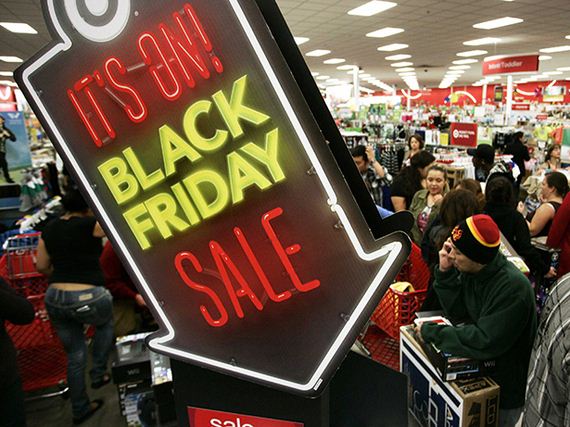
In 2011, 226 million Americans purchased $52 billion worth of merchandise on that Thanksgiving weekend alone. About 135 million people shop on Black Friday every year
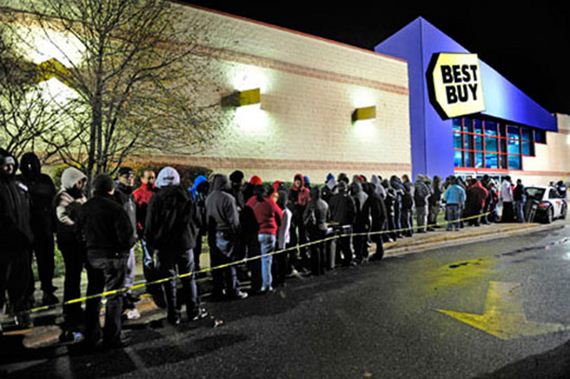
People are desperate for those deals. So desperate, that some are willing to camp out for nearly two weeks in order to assure they get their bargain. This happened in Florida where Christina Orta camped out for 12 days in order to snag a TV for cheap.
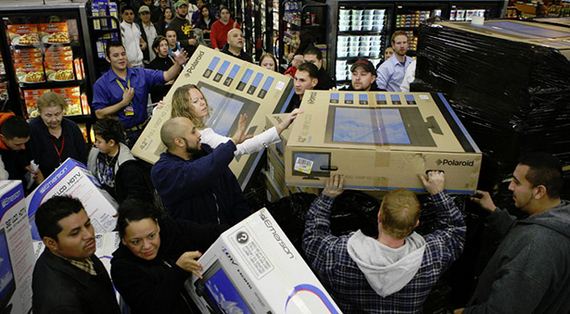
Black Friday does not have the best deals. The last few days of the holiday shopping season will usually have better deals than Black Friday. Some products may even sell for 10 percent to 15 percent less.
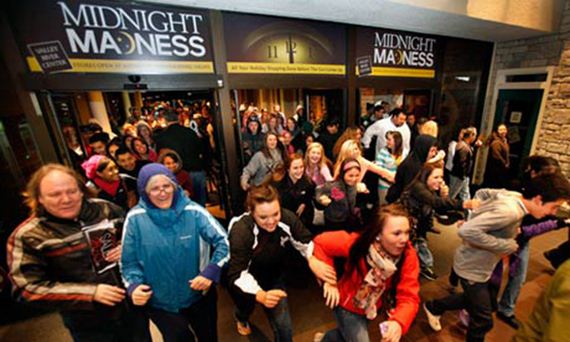
People generally enjoy shopping on Black Friday. According to a 2012 study of roughly 460 consumers for WWD by Marvin Traub Associates, it was found that 57% of Black Friday shoppers enjoyed the experience. However, 43% did not.
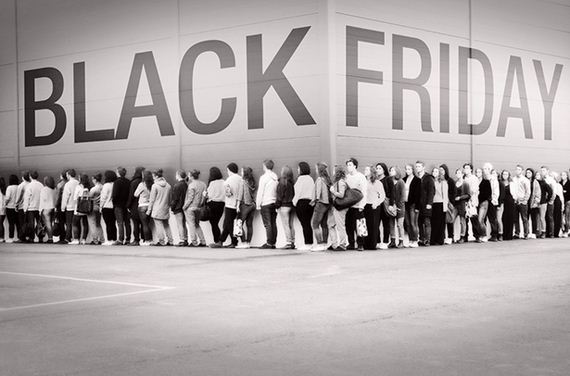
There are two popular theories as to the origins of Black Friday. According to a 2009 article published in TIME magazine, the phrase “Black Friday” was first used in the 1960′s by newspapers in Philadelphia to illustrate the resemblance of the great numbers of consumers and the madness seen after the stock market panic of September 24, 1864 (also known as Black Friday). The second theory, according to NRF comes from the retail accounting perspective; which refer to the stores’ profit margins in the days when the books were kept by hand. Red ink represented a loss in profit while black ink represented a profit. Signifying the day’s potential to bring profit to businesses.
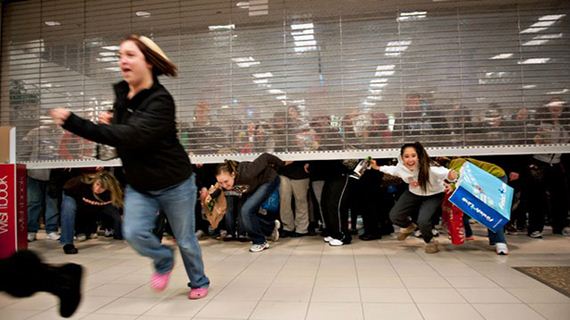
Researchers have found that Black Friday is also about the sport of shopping, the thrill and satisfaction of “winning” that TV before your competition does.

According to Time.com, many products promoted at deep discounts on Black Friday are “derivative products”. In other words items that look like and are named the same as the standard models, but are actually made with cheaper components and may not have the same features. Consumer Reports found that big-name companies like Sony and Samsung have made derivative televisions in previous years.

Some stores tighten their return policies considerably during the holidays thus making it harder to return items. And even if you can return items some retailers will only give you store credit in spite of you having a receipt.

Gray Thursday is on the rise. According to the National Retail Federation, retailers have gone from opening in the early morning of Black Friday to opening on the evening of Thanksgiving itself. And 26% of people surveyed stated that they planned on shopping online on Thanksgiving Day.
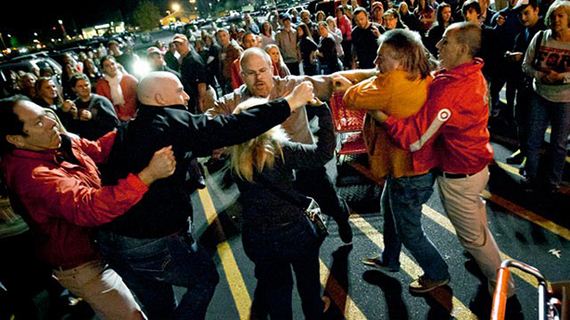
Last year, shoppers at a California Walmart were exposed to pepper spray by a 33-year-old shopper named Elizabeth Macias. Nearly two dozen people, including children, suffered nose and throat irritation.
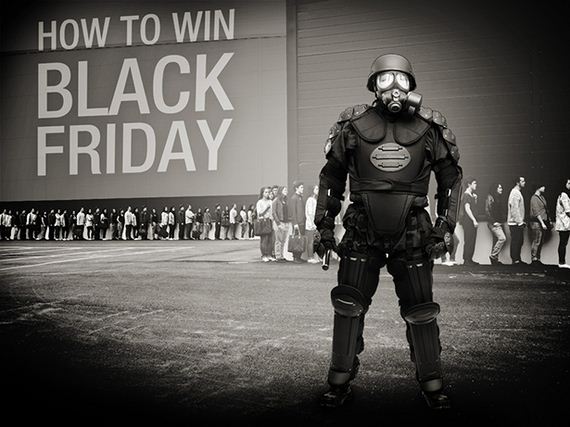
There is an alternative to the craze of consumerism. Try not buying anything. In fact, for the past 20 years or so there has been a growing movement protesting the hyper commercialism associated with Black Friday by refusing to buy anything on that day.
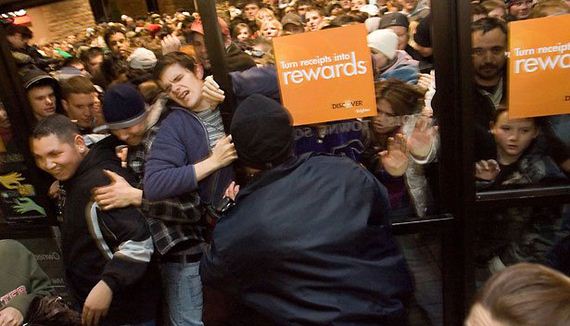
In 2008, Jdimytai Damour, a Long Island Walmart employee, was trampled to death when crazed shoppers pushed open the doors to get their hands on the Black Friday discounted items. The paramedics who came to the rescue were also trampled and seriously injured by shoppers. In total, five shoppers at the store required hospitalization. Sadly, this is but one of many of such cases.
 Barnorama All Fun In The Barn
Barnorama All Fun In The Barn